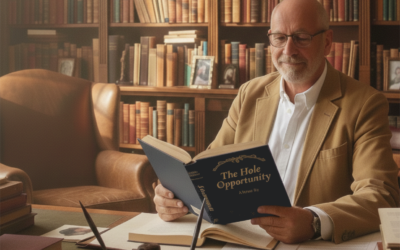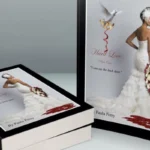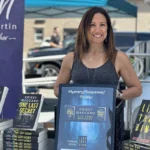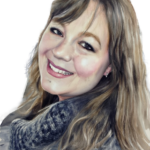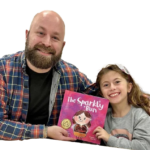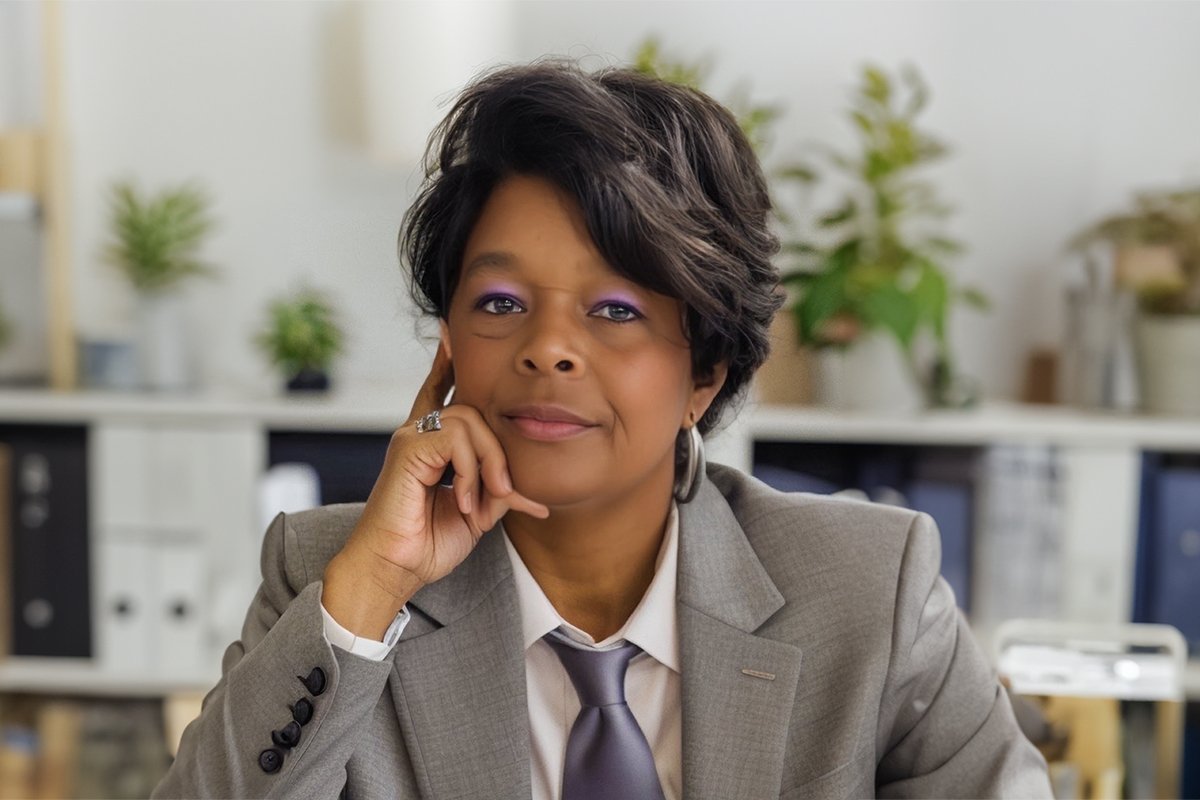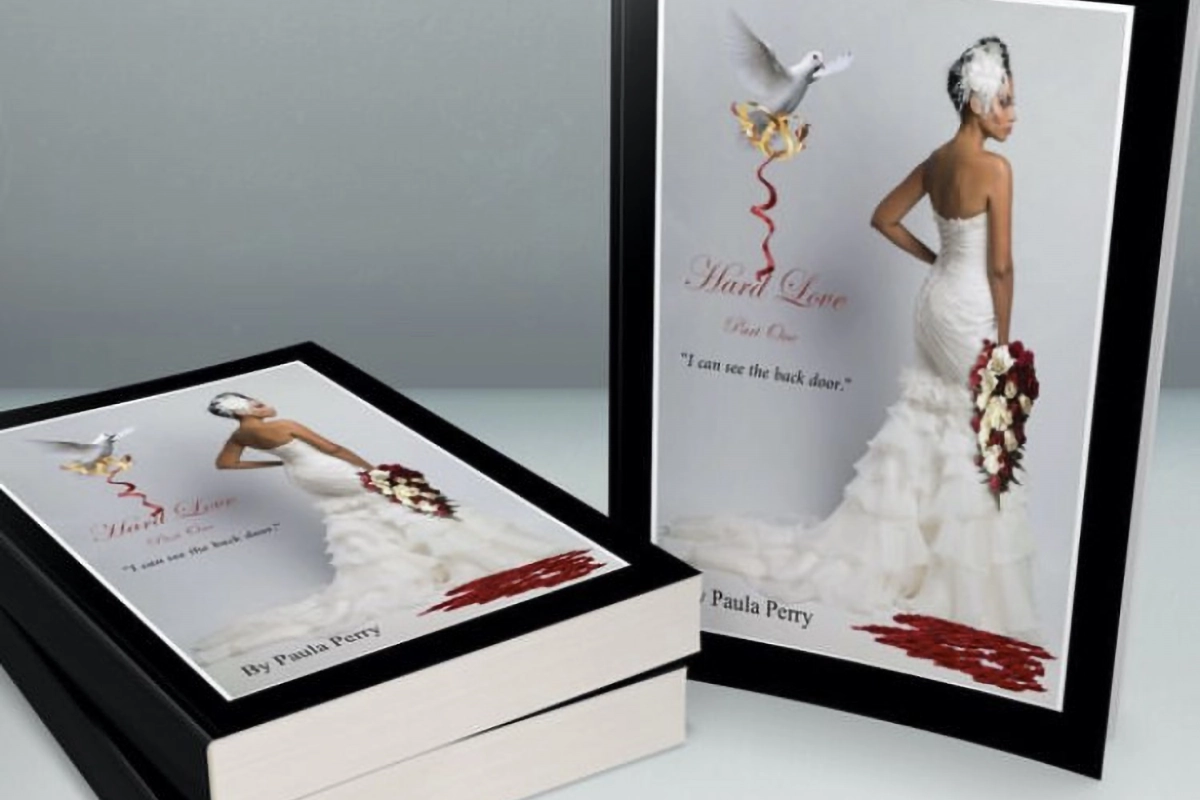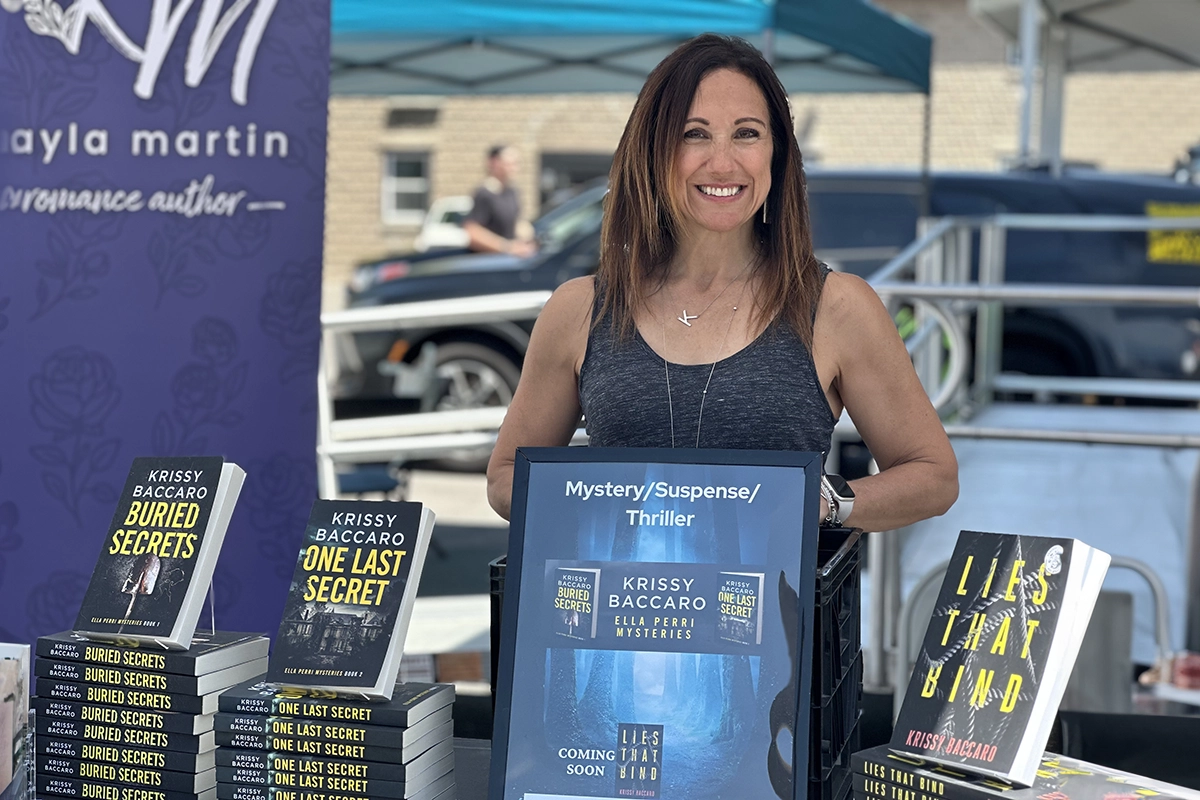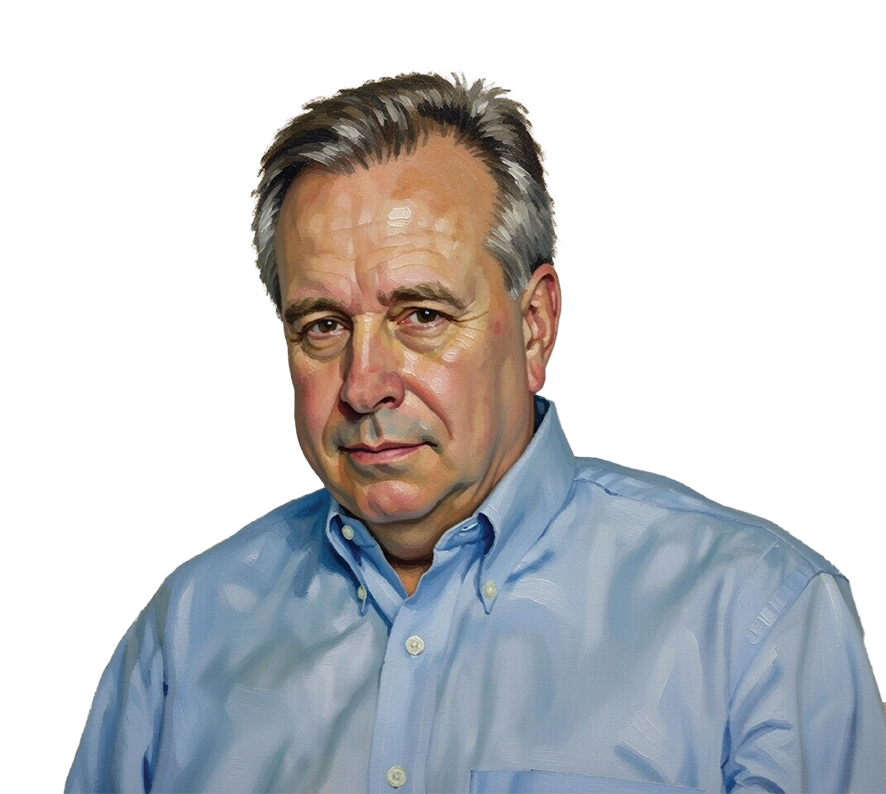Umme Pritam Weaves Emotion And Resilience Into Stories That Speak To The Soul

PHOTO: Author Umme Pritam, capturing hearts with stories of resilience, emotion, and transformation.
A Powerful Voice Illuminating Healing, Hope, And The Beauty Of Human Connection
Umme Pritam explores the depth of human emotions through her poignant storytelling, blending cultural richness and psychological insight to inspire readers toward empathy, healing, and self-discovery through her remarkable works.
Umme Pritam is a remarkable new voice in contemporary fiction whose writing bridges raw emotion and quiet introspection with striking authenticity. Her stories delve into the depths of human experience—grief, resilience, and connection—crafted with a sensitivity that lingers long after the final page. Born in Dhaka and now based in Canada, Umme draws upon her cultural roots and personal journey to create worlds that feel both intimate and universal.
Her debut novel Eiliyah made an extraordinary impact in Bangladesh, resonating deeply with readers for its fearless exploration of childhood trauma, emotional healing, and the enduring strength of the human spirit. Through her poignant prose and psychologically rich characters, Umme confronts silence with empathy and gives voice to the unseen. Beyond her novel, her acclaimed short stories, such as The Art of Not Falling in Love and Whispers, reveal her gift for turning delicate emotional moments into profound truths.
Umme Pritam’s storytelling radiates emotional honesty and artistic grace, making her one of today’s most captivating and fearless contemporary literary voices.
Mosaic Digest magazine proudly highlights Umme Pritam—an author whose storytelling transcends borders, whose words invite reflection, and whose courage to write from the heart continues to inspire readers around the world.
Your debut novel Eiliyah, carries emotional depth and vivid characterisation. What was the original spark or idea behind that story, and how did it evolve over time?
I started writing Eiliyah after my mother’s death. It was my emotional outlet, a way to process grief. But the specific choice of the topic -child abuse in all its forms came from something I’d observed for a long time: we talk a lot about sexual harassment, but we don’t really talk about the other kinds of abuse children face and how it quietly shapes their psychology long after childhood ends.
When I was writing Eiliyah, I was thinking – if this story reaches even one person and changes how they see this issue, then I’ve done something meaningful.
Growing up in Dhaka, how has your upbringing and the cultural environment of Bangladesh shaped your voice as a novelist?
I grew up in a very strict family environment where my only source of entertainment was books which became a blessing in disguise. My love for reading shaped the way I see the world now.
My stories carry the imprint of Bangladeshi urban life because that’s where I grew up – in the heart of Dhaka city. The everyday details that might seem ordinary to others are deeply personal to me: the terrace sunsets, the honking traffic, the bright chaotic markets, the rhythm of middle-class life.
Were there particular authors, books or literary traditions in Bangla / South Asian writing that you felt influenced your style while writing Eiliyah?
I wouldn’t say any writer has directly shaped my writing style, but I’m a huge Humayun Ahmed fan, he’s a legendary author in Bangladesh. His characters are ordinary people, yet they make you feel seen. That intimacy with the reader has always stayed with me.
How do you balance plot development, pacing and emotional arcs in your writing—especially in scenes heavy with internal conflict or trauma?
Honestly, for me, it always starts with emotion before structure. When I’m writing scenes that are heavy with internal conflict or pain, I focus on the heartbeat of the moment. The plot and pacing naturally build themselves around that pulse.
I tend to slow down time when emotions are heightened. I let the character linger in small, sensory details. That’s what anchors the reader inside the scene. It’s a balance between breathing space and forward movement.
I also lean into what I call immersive or “method” writing. I put myself in the main character’s shoes and live in their head until I’ve written the emotional core of the story.
The plot is like the spine, but the emotional arc is the pulse for me. And one thing I’ve learned about my own writing is this: I always know how the story ends before I even begin.
What is your process for creating memorable, nuanced secondary characters—do you begin with a backstory, or do they develop more organically as the narrative progresses?
The secondary characters in my stories always have a backstory, even if I don’t put it on the page always. In my mind, they’re fully formed people with histories, soft spots, and sharp edges. I might give the reader just a flash of why they act the way they do.
I also see secondary characters as emotional mirrors. They reflect something about the protagonist – a truth, a contrast, a question they’re not ready to face.
Writers often face self-doubt or writer’s block. Can you share a moment when you struggled during Eiliyah’s writing, and how you overcame it?
I face writer’s block all the time and constantly doubt myself. Though writing Eiliyah came to me quite naturally, I did hit a wall at one point. I remember feeling like I was losing my mind over it. That’s when I started this small practice of writing in snippets – jotting down moments and emotions rather than forcing myself to follow the plot sequentially. It helped me breathe again and slowly move forward with the story.
Another thing that always helps me is writing short stories. They put me back into the motion of writing – of translating feelings into words without the pressure of perfection. That flow eventually pulls me out of the block
“Writing Eiliyah was my way of turning grief into purpose—if my words can change how even one person sees pain, then I’ve done something meaningful.” – Umme Pritam
Do you plot your books in detail before writing, or work more spontaneously? Which method works best for you and why?
My stories build around feeling – theme, tone, the end – and then I let the characters lead me through the middle. I don’t outline everything, but I always know the emotional destination. Then I write as I go, sometimes create characters as I go.
But if I’m writing a thriller, it’s a totally different process. I outline everything in detail, almost frame by frame, and try to stick to it as much as possible. With emotional stories, I lean on intuition. With thrillers, I lean on structure.
How do you approach editing your own work—what changes from the first draft to the final version surprise you most?
As I have a tendency to write as I go, I also edit as I go. My writing process isn’t linear at all. Sometimes the first chapter or scene ends up becoming the last one, and that always surprises me – how fluid stories can be. Writing is so different from reading: as readers, we move forward in a straight line, but as writers, the story can unfold in any direction.
I don’t just edit for grammar or structure; I edit for feeling. I pay attention to rhythm, tone, and the emotional weight of a scene. If a moment doesn’t feel right, I shift it, rewrite it, or sometimes place it somewhere completely unexpected. For me, editing is less about fixing and more about discovering the story’s truest shape.
Looking ahead, are there genres or narrative forms you haven’t yet tried but would like to explore (for instance, speculative fiction, short stories, or cross-genre)?
I write a lot of short stories, and I’ve always loved genre-hopping. I don’t like confining myself to a single box. While my strongest ground is literary romance and emotional fiction—both for adults and young adults—I also love crafting thrillers that are atmospheric, bone-chilling, and quietly twisted.
I haven’t written horror yet, but I really want to explore that. I’d also love to write high fantasy one day—something like Harry Potter or Fourth Wing.
What advice would you offer to other aspiring or emerging authors—particularly those writing in contexts where literary infrastructure or exposure is limited—about developing their craft, finding their voice, and navigating publication?
In Bangladesh, we don’t have the presence of the Big Five publishers, which makes it incredibly challenging for English-language writers to publish traditionally and reach a wider audience. But that doesn’t mean your voice doesn’t matter – it does.
My biggest advice is to keep writing your stories and build your own universe, piece by piece. Submit your work to literary magazines, reach out to agents, and tell them your ideas. Don’t wait for the perfect moment or the perfect platform – create your own momentum.


